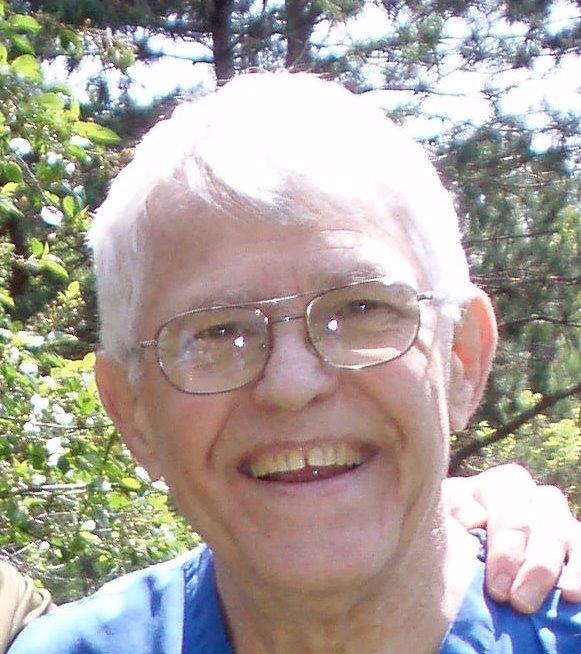
by Dr. Tom Dow
 I met Bob Click fifty years ago at the University of Wisconsin, Madison. He was an immunology postdoc who subsequently went to the University of Minnesota to be part of their transplant team.
I met Bob Click fifty years ago at the University of Wisconsin, Madison. He was an immunology postdoc who subsequently went to the University of Minnesota to be part of their transplant team.
20 years ago, considering retirement and drawing on his youth on the farm, Bob bought stock of a special breed of beef cattle (Belgian Blue). Unfortunately, his cattle were latently infected with Mycobacterium avium ss. paratuberculosis (MAP). Commonly, these latently infected cattle will later present with the uncurable enteric infection called Johne’s disease and are culled before spreading MAP to the herd.
However, Bob was not your typical farmer. Wanting to save his investment, he used his decades of research experience to identify another bacterium that outcompeted MAP – Dietzia subspecies C79793-74.
Bob sought out an early collaboration with the principal at Allied Monitor, Bill Richards, who in 1984 was the first to develop a commercial milk and blood test for Johne’s disease. Bill provided Bob with information on a Dietzia species that inhibited MAP. Bob grew it in volume and fed it to diseased animals…with amazing success!
Our paths crossed shortly after this and Bob shared his discovery with me. Knowing that MAP had also been associated with Crohn’s disease and sarcoidosis, a handful of us formed Paralab, LLC with Bob to continue Dietzia research. We received a patent and placed a patent deposit in the ATCC biorepository. Bob secured a new herd where he successfully turned around a number of clinically diseased animals, publishing several articles about his experience.
Over the years, Paralab was courted by companies wanting to partner with us to bring Dietzia to market. While it was too expensive for treating ruminants, the hope was to offer it as a probiotic or medical food for Crohn’s disease.
Unfortunately, these partnerships fell through and Paralab was remained on the sidelines – until two years ago when an individual with Crohn’s disease contacted me requesting a sample of our patented Dietzia. I referred him to the ATCC biorepository and heard nothing further.
Six months later he contacted me with an amazing story. After battling Crohn’s disease that had been refractory to traditional and non-traditional treatment, he came across research implicating MAP in Crohn’s disease and sent a blood sample to Otakaro Pathways. Results showed his blood sample was positive for MAP. When he was unable to get a Dietzia sample from the ATCC biorepository, he took it upon himself to look for environmental Dietzia.
Astonishingly, he found and isolated it, grew it in volume, freeze dried it, encapsulated it and took it as a probiotic – to great benefit. He sent it for 16S identification and stated it was the same as the patented ATCC biorepository deposit. Further MALDI-TOF mass spectrometry and full genome testing proved that the ATCC biorepository deposit of Dietzia subspecies C79793-74 and his “capsules” were identical.
Recently, a safety study has been completed allowing for GRAS (generally regarded as safe) certification and a human clinical trial protocol has been prepared.
Dr. Click passed away on December 7, 2023. While we mourn his loss, we also celebrate the monumental contribution he made to advancing MAP science and hope that his tireless work with Dietzia may soon be celebrated by those afflicted by MAP-associated human disease.
